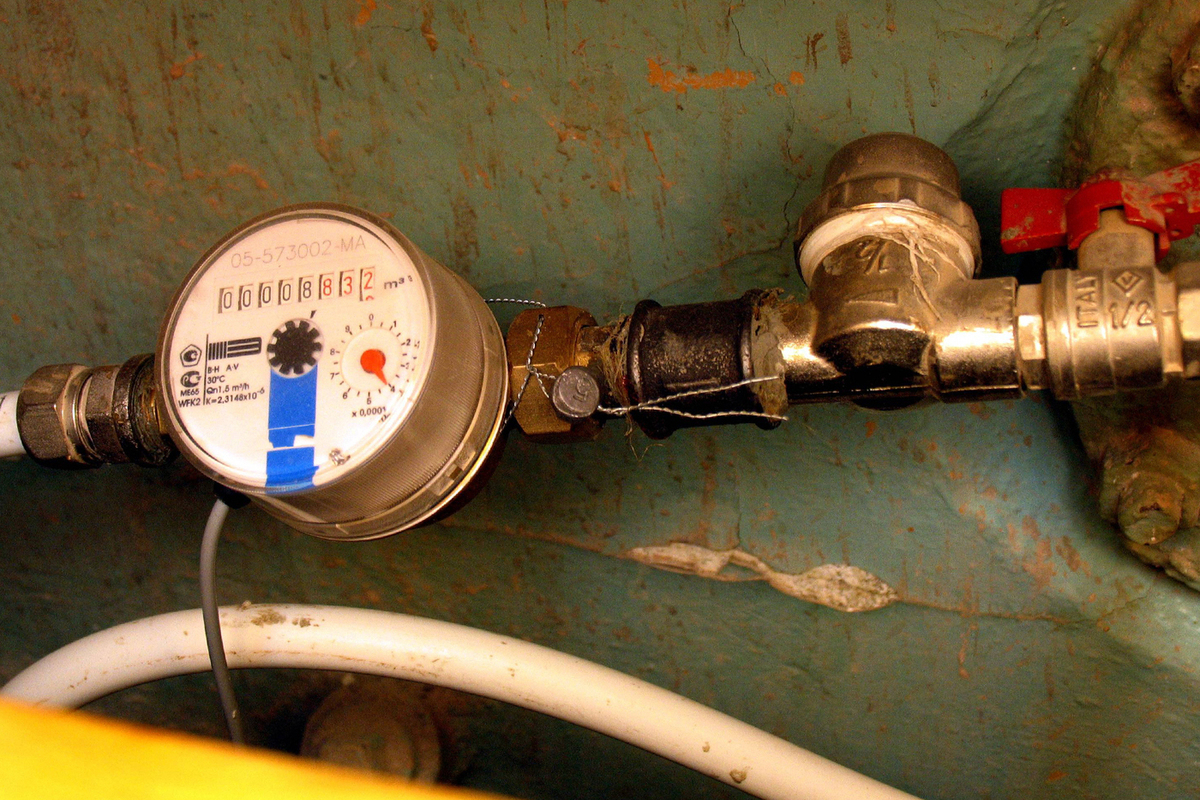From April 1, many Russians will have to pay extra for housing and communal services: who will face recalculation
[ad_1]

Very soon, from April 1, Russians will have to pay extra for the utility resources they consume. An additional line will appear on the receipt in this regard, and the amount of additional payment, according to preliminary estimates, will be 1-1.5 thousand rubles. In general, the communal apartment is again making itself felt with new extortions from the population. But there is good news: not all residents will have to recalculate.
The new column will appear only for those residents and tenants who have individual metering devices. True, they are in almost every city apartment, so many people need to wait for “chain letters”… More precisely, the “letters”, that is, receipts, will be the same, only they will have an additional line. The amount that must be paid additionally for utilities received over the past period. We are talking about excessive consumption of cold and hot water, electricity, and other utilities.
“This is not an additional payment, but a reduction of utility charges to the volume of their actual consumption,” Pavel Sklyanchuk, an expert in the field of housing and communal services, an analyst of the ONF thematic platform “Housing and the Urban Environment,” explained the essence of the innovation in a conversation with MK.
– What’s the difference?
– In 2023, a law was passed that changes the procedure for installing and checking individual metering devices. Now, on April 1, it comes into force. This norm regulates the relationship between special equipment inspection organizations and management companies.
– What does this have to do with citizens paying for housing and communal services?
– Accruals for the consumption of utility resources are carried out in two ways. Firstly, it is regulatory, if there are no metering devices in the home. Now, such residents have nothing to worry about at all; this law does not concern them in any way. Secondly, according to actual consumption, according to meter readings – hot and cold water, electricity, heat. There are few of the latter that record heat consumption, but they exist. It happens that a meter installed and registered with the management company breaks down, its service life expires, or the owner simply forgets to provide readings. During this period, the management company charges him a fee according to the standard that is in force in a particular municipality.
If there is a meter, and the fee was previously charged according to the standard, then from April of this year, a recalculation of actual consumption will be made in this apartment. This is not at all the recalculation that we are used to doing at the end of the heating season.
The company that checks the meters enters the readings into the government information system. Management companies are connected to it and carry out the accruals.
– So, in order to recalculate, inspectors must come to the apartment?
– From April this will be done automatically. You don’t have to go anywhere or call anyone.
– And how many people will have such a new column in their payment?
– In more than 90% of cases, the situation in the country is normal, metering devices function properly, as usual. They will not have any adjustments. So the innovation will affect no more than 10% of homeowners. Therefore, I assume that in fact there will be no new column in the payments.
– When can we expect the next large-scale increase in utility costs?
– There is no need to wait for anything, you need to prepare. From July 1, housing and communal services tariffs will be indexed for all types of utilities at the inflation rate – about 10%.
– Why 10% if inflation last year was less than 7.5%?
– In 2023, a moratorium on the increase in utility tariffs was announced; they did not change. Now the percentage has accumulated. Tariffs are officially forecast to rise by 9.7%, but are more likely to rise by 10-12%. Especially if the region is undergoing a large-scale modernization of the housing and communal services system – for example, in a large city, utility networks are being replaced.
[ad_2]
Source link






